The research industry is thriving, with billions of dollars funneled through research organizations and more funds earmarked every year for new or expanded projects. As a research administrator or grant manager, you likely find your workload is growing while resources remain constrained. It’s a challenging situation, but also one that presents a tremendous opportunity. To create and maintain an efficient, effective research program, teams must simplify their processes.
Challenges of running an effective research program
Research teams wear many hats. From managing pre- and post-award administration and monitoring budgets to running reports, managing databases, tracking effort certification, documenting encumbrances and expenditures, and adhering to compliance and federal mandates, there’s quite a lot to handle.
Most research administration programs face similar challenges, including:
- Limited staffing resources
- Strict deadlines and compliance requirements
- Overwhelming workloads
- Decentralized communication
- Siloed data systems
To better understand the challenges and workloads experienced by research professionals around the world, we conducted a research administration benchmark survey. Survey participants noted an expected increase in workload — but not a corresponding increase in staffing or budgetary support.
One participant’s response indicated “Net 40% activity (proposals and awards) growth over three years, despite a 20% budget reduction.” Looking ahead to the coming year, 82% of respondents said they expected an increase in workload associated with research administration activities.

6 tips to simplify your research and grant management program
Finding ways to work smarter and reduce administrative burden can be the difference between a successful grant proposal and a missed opportunity. By simplifying your workflows and systems, you can free up your team to focus on the most important parts of their job. But how?
Here are six tips to simplify your research and grant management program. Following these tips will ensure you’re not wasting time or resources and can speed up overburdened processes.
- Identify waste. Start with a thorough audit of all your processes. It sounds time-consuming, but ultimately this will help you identify where you’re wasting time and resources, saving both in the long run. Look for things like:
- Duplicate data entry
- Manual documentation handling
- Communication silos
- Reports that could be automated or more easily shared
- Manual spreadsheets
- Stay current with compliance. Maintaining compliance is not only smart from a research integrity standpoint, but can also help your research team avoid costly fines. Staying current with evolving requirements can be challenging, especially when relying solely on manual processes. By leveraging technology, teams can remain current with global and domestic compliance requirements and maintain checklists to ensure stakeholders don’t lose time on missed requirements.
- Rigorously track time and effort. You can’t fix what you can’t see. Track your team’s time and effort so you know where the biggest gaps or bottlenecks exist in your workflow.
- Digitize your spreadsheets. Static spreadsheets should be a thing of the past. To speed up processes and improve communication, shift to a cloud-based, centralized software allowing you to access and automate data from anywhere — no spreadsheet required.
- Keep your network active. Stay connected to key organizations like the Society for Research Administrators (SRA) and the National Council of University Research Administrators (NCURA). With the right network, you’ll be able to share resources, secure new talent, and stay current with key trends in your industry.
- Embrace innovation. Change can feel daunting, especially when there are more demands on everyone’s time with fewer resources to go around. Technology is a force multiplier and accelerates progress on multiple levels. Embrace digital innovation and connected technology to simplify processes and free up resources.
Advantages of adopting technology to support research administration activities
Here’s the best part: You don’t have to do it alone. Some of the best innovations in research administration have brought systems and platforms that manage all of the above for you. The Cayuse Research Suite was purpose-built to support research administrators through the six steps above and help deliver efficient, highly effective research programs.
AI-driven software, for example, can track progress, centralize and digitize data and reports, and streamline communication and collaboration. Smart technology solutions like a digital assistant support your team, and the platform itself keeps your research safe, organized, and ready for whatever proposals you have on the docket.


